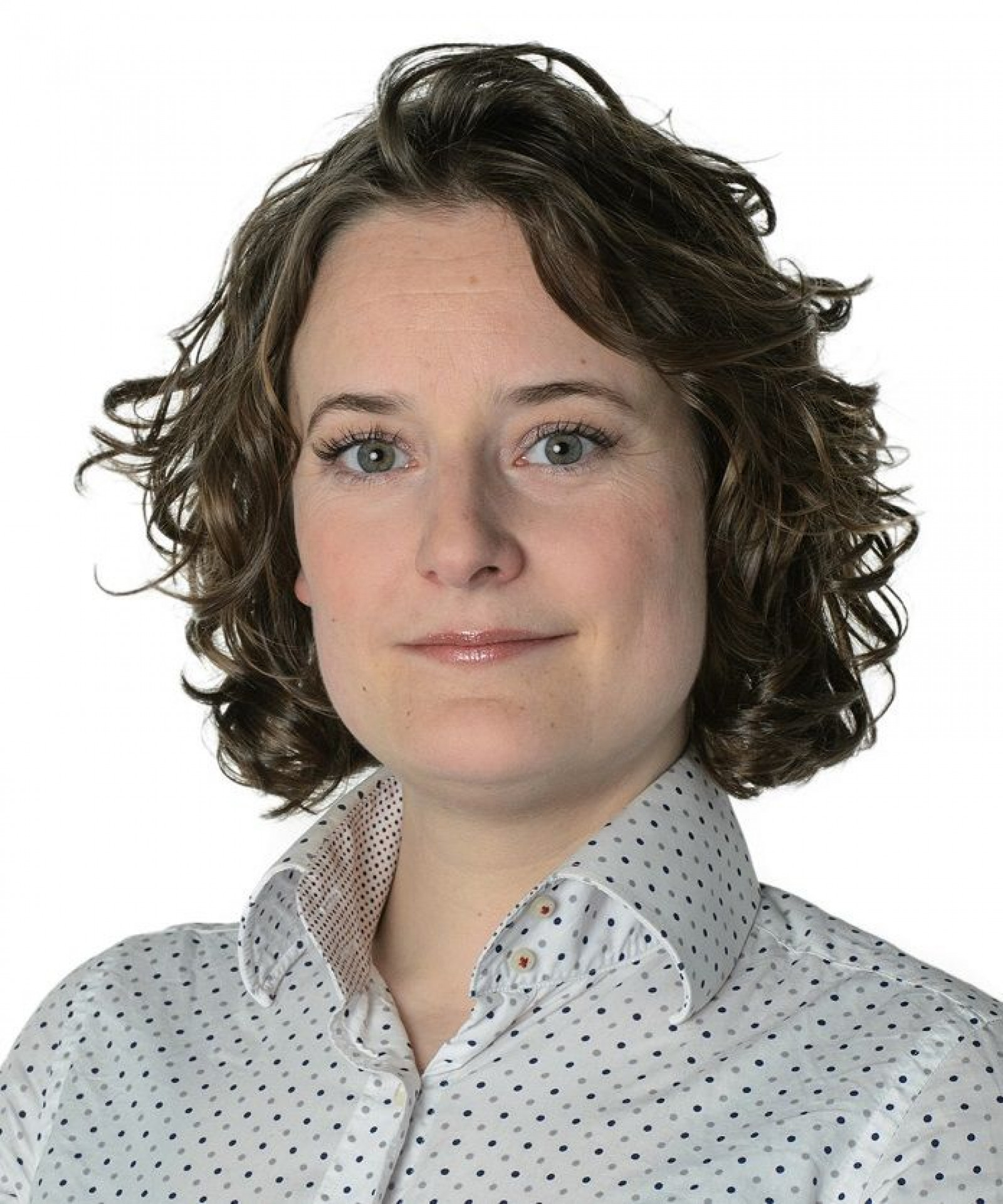
April’s THT Board was jam-packed as ever. In my Chair‘s update, we shared that our new localities lead has been recruited - Tim Hughes, who worked on integrated neighbourhood teams in Croydon, will be joining us in July, which is hugely exciting! Our inclusion work also continues. After an open tender, we have commissioned leading equalities charity brap to deliver anti-racism education to system leaders, managers and HR professionals across the partnership. Our Clinical and Care Director, Roberto, also led a session in March with the LGBT+ Forum hosted by elop, along with colleagues from Barts and the CVS. They had a really good conversation with service users, and ideas for improvements will come forward to the Board. Finally, we confirmed that Neil Ashman, CEO of the Royal London and Mile End hospitals, is our new Place Lead for the ICS.
Our user voice slot this month focussed on anti-racist commissioning with Kinsi from Numbi Arts and Celeste from Off The Wall Players. They outlined how this approach is crucial for smaller and especially Black, Asian and minority ethnic-led organisations in Tower Hamlets. Challenges faced include having too little budget for bid writing, not being linked into networks to know when funding opportunities come up, no dedicated posts in-house to lead bids, funding criteria being too narrow and often not reflecting the urgent needs of clients.
Solutions proposed were
- a central pot of money that can be accessed by small charities for bid writers
- offering more sustainable funding for set-up, premises and other costs, move away from “stop, start” model of short-term projects
- having people from those communities at the table when grant and recruitment decisions are being made
– doing the work to understand the specific history and culture of local communities
– allowing video or voice-recorded applications
– giving communities ownership of the grant-giving or commissioning process and opportunities to scrutinise it
– providing feedback and capacity-building
– building equity into the design and delivery, through a genuine co-production process that involves diverse people in developing the spec and the process
The discussion reflected that lots of what is commissioned in health and care is bigger than borough level – so anti-racist practice needs to be ICS-wide. Some partners have been adopting these principles, want to do better and build on what they’ve learned already. Chief Place Officer, Charlotte Pomery, stressed the commitment to be an anti-racist ICS, which we agreed comes down to practical changes at all stages of the cycle. The Board agreed to an ask for Black, Asian and ethnic minority leaders to be brought together with the senior leadership teams of all the partners, to kickstart the difficult conversations and concrete actions needed.
Next, we reviewed proposed topics for deep dives – the Board wanted to see autism and ADHD as a top priority, for maternity care to be focussed on Black and Asian women, and for obesity, working age disabilities and GP access to be a higher priority. Members also asked for a problem statement to be attached to each theme to ensure the discussion and subsequent actions are focused.
We then heard an update on the Local Infrastructure Forum, which has a reshaped membership, with Roberto as chair and the primary care team attending, to ensure the clinical voice is more embedded. The goal is to ensure we achieve social and economic value for residents through buildings, but the Board felt it needs to be more driven by a co-produced vision of what the borough should look like. This is a technical topic so it’s easy to get lost in it – how do we cut through this and involve residents in a meaningful way? We discussed that the definition of infrastructure needs to include digital as well as estates and how this workstream is even more critical with the constrained capital environment in the NHS. Crucial decisions in relation to Goodman’s Fields and the Ambrose King Centre have had better outcomes for the community, because partners were in the room.
Proposed changes to the local delivery board were presented and agreed by the Board, to make the group more operational and action-focussed. It will move to fortnightly, be chaired by Warwick with vice-chair Roberto, have a more agile and flexible agenda, and once a month will look at performance, finance and review the whole programme. The enabler groups will feed into this group now – e.g. looking at estates, engagement, the neighbourhoods and localities programme. The Board agreed with the revised frequency and focus, and requested an outline of the programme of work over the next few months.
We also considered the integrated finance report, which is showing substantial deficit positions across both the ICS and local authority. Overspends in adult social care are common across most councils and expected to grow, given inflation and the complexity of care packages. Providers are also pushing for higher cost of living uplifts than we can afford, which the Board asked to be reviewed across partners to ensure a consistent response. On the plus side, Better Care Fund guidance has been issued earlier than usual, so plans for this spend will come forward soon.
Finally, we had a presentation on the Operating Plans for NEL ICB and the mental health collaborative, which outline how the system will deliver against national priorities and targets including:
- urgent and emergency care
- elective care and diagnostics
- cancer
- community health services
- primary care
- mental health
- learning disability and autism